Today’s Discussion is brought to you buy The Vision Council and The Motherhood.
My kids are always wanting to be outside – it seemed that warmer weather couldn’t come fast enough this year! Andrew being 4 1/2 remembers how much fun he had last summer while riding his bike and transitioning from his Strider bike to his pedal bike – and then shortly thereafter having to put his bike up for the winter. Ethan was a little too young to remember much of last summer – but at his first glimpse of riding his Strider bike this spring (in the first snow melt) he was hooked. Hooked SO much in fact, that they didn’t even care afterwards if it was snowing or not!
One of the first things that I make sure I get at the store as the weather is starting to warm up – is Sunscreen. I’m so concerned about my little one’s skin – and would never wish them to get sunburned!
But one of the things that I so often forget about, is sunglasses for my kids – and the damaging effects that UV rays has on their eyes!
I know *I* use sunglasses often. Almost every time I’m driving I’m wearing sunglasses – even in in the winter, when the snow reflects the sun so brightly that I can hardly keep my eyes open. And I make sure that my sunglasses are protective and safe for my eyes.
But how often is it that I’m putting my kids in sunglasses? If I’m totally honest here, It’s usually only for ‘fun’ play. I buy the cheap ones at the dollar stores, put them on in the house – and tell them how cute they are – and then they pull them off and we forget about them.
I’ve never really thought too much about the consequences of the sun on their eyes! That is, until I started hearing more about the issues that can arise without protecting your eyes from the sun!
Reiterating the image above: there are several issues associated with UV damage to the eyes:
Short-term vision problems:
- Photokeratitis (sunburn of the eye)
- Irritation
- Redness
- Swelling
- Hyper sensitivity to light
Long-term vision problems:
- Premature aging of the skin; wrinkles and sunspots
- Prerygium (abnormal growth on the eye and eyelid)
- Cataracts
- Macular degeneration
- Cancer of the eye, eyelid and surrounding skin
Facts about UV exposures:
- 72% of U.S. adults report that they wear sunglasses to protect their eyes from the sun
- A study by The Vision Council revealed that only 60% actually wear sunglasses outside
- 48% of U.S. adults report that they make their children wear sunglasses to protect eyes from UV damage
- UV damage is cumulative; the older someone is and the more exposure they’ve had to the sun will result in being more at risk for serious and debilitating vision problems
- Researchers actually believe that lighter eyes experience more UV damage and that’s likely due to the fact that they have a lower incidence of melanin – which is a protective pigment
- Children receive three times the annual sun exposure of adult
- By the time an individual turns 18, he or she will have acquired nearly 80% of lifetime exposure to UV
What about ME?
Well, I live in Minnesota – so I should only have to be concerned about UV light on my eyes for about 3 months of the year, right? Wrong! Damaging UV light reflects from surfaces – EVEN SNOW! Check this out:
What Kind of Sunglasses Should I Wear?
- Your Sunglasses should protect you from UVA and UVB rays. To know if your sunglasses filter out UVA and UVB, first look for a sticker or label on the lens or frame that indicates protection. If you don’t see a sticker or have an older pair of sunglasses, you can bring them to an eye care professional who can test them using a UV meter
- It is advised to not buy from online auction sites, street vendors, or second-hand stores
- Darker lenses don’t necessarily mean better protection
- Brown, amber and copper lenses work to reduce glare and improve contrast for activities like driving, golfing, water sports and snow sports
- Grey tint is popular because it distorts color the least
- Yellow and rose tinted lenses enhance definition which can be helpful if your driving in fog or haze
- Gradient tints, which have a gradual change in color from the top down, cut overhead glare and provide clearer vision when looking down or straight ahead
- Polarized lenses absorb light from horizontal surfaces which can be particularly helpful when driving
- Anti-reflective lenses work extremely well at blocking reflected light from water, snow, concrete and even grass
Sunglasses For Children
- Make sure the sunglasses fit your children comfortably. Sunglasses that pinch or are scratched are less likely to be worn
- Set a prime example by always wearing your own shades
- Style might play a role; have them pick out a pair they like and they may be more prone to wear them
- Quality doesn’t necessarily translate to high cost
- If your children are particularly prone to losing items, consider buying shades with plastic frames, which may be less expensive than metal frames.
So we took to the store together so that the kids could pick out their own great sunglasses!!
Lesson Learned – I’m definitely going to be more conscious about getting the kids in their sunglasses, and explaining to them that the sun can hurt their eyes without them – so they understand why they’re supposed to wear them!
If you’d like to learn more about UV Damage on your eyes, more facts about vision, or great sources and tips for purchasing sunglasses visit The Vision Councils website – and check them out on Facebook! They’d love if you share pictures of your family in sunglasses on their FB page!
Thanks Again to The Motherhood and The Vision Council for making this discussion possible on my site.


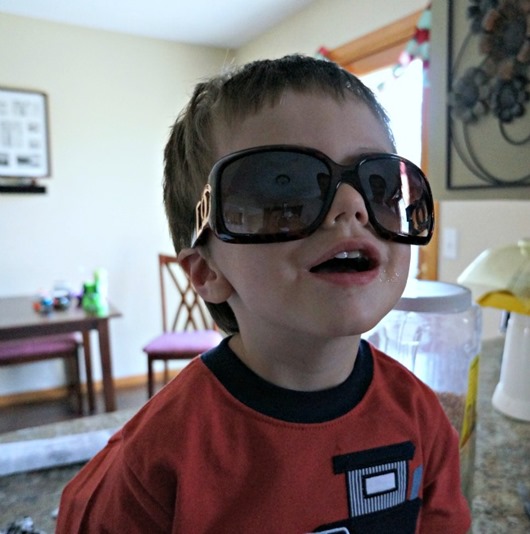

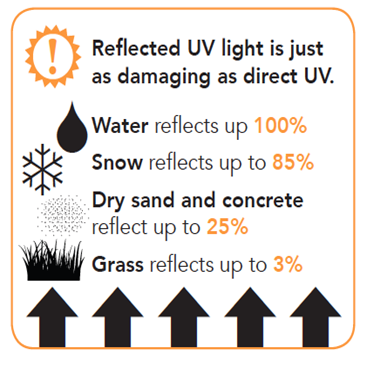

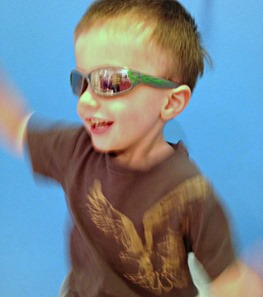
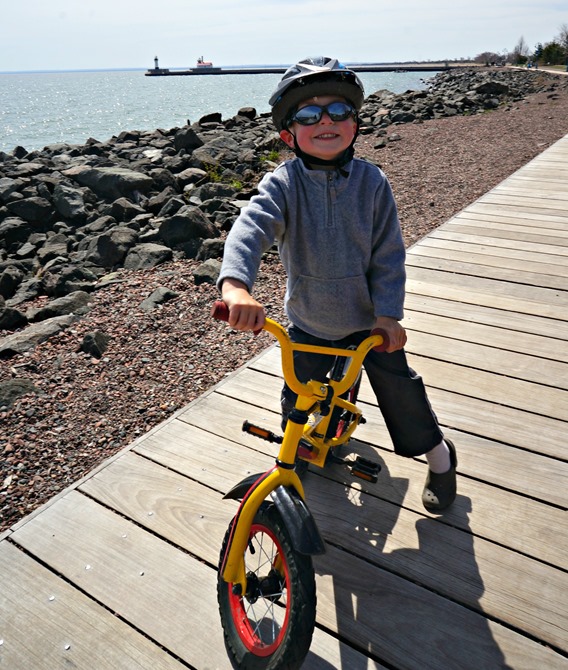
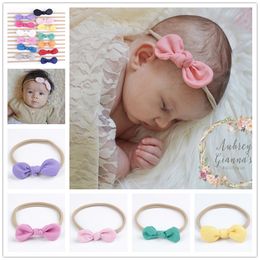
I think they are! kids eyes need to be protected too!
I never leave the house without my sunglasses. I get a headache if I don’t wear them. I have Overcast glasses that go over my regular glasses.
I too never realized how important sunglasses were for children until my son was already grown. When he was growing up there was no information available on the subject. Too bad, as now we know that any time in the sun without some eye protection is too much time. Of course now he is grown and mom doesn’t know anything as it is with adults his age, but thank goodness he wears them and do I. This is great info!
Our oldest son is two and we keep sunglasses in the car for him, he is always asking for them when the sun hurts his eyes.
You dont think to ask your kids if their eyes are ok in the sun, you wear your sunglasses when its a bit bright outside. To be honest when I got my 2 year old a pair I brought them as she was always playing with mine trying to wear them. I never thought about her having them to protect her eyes!